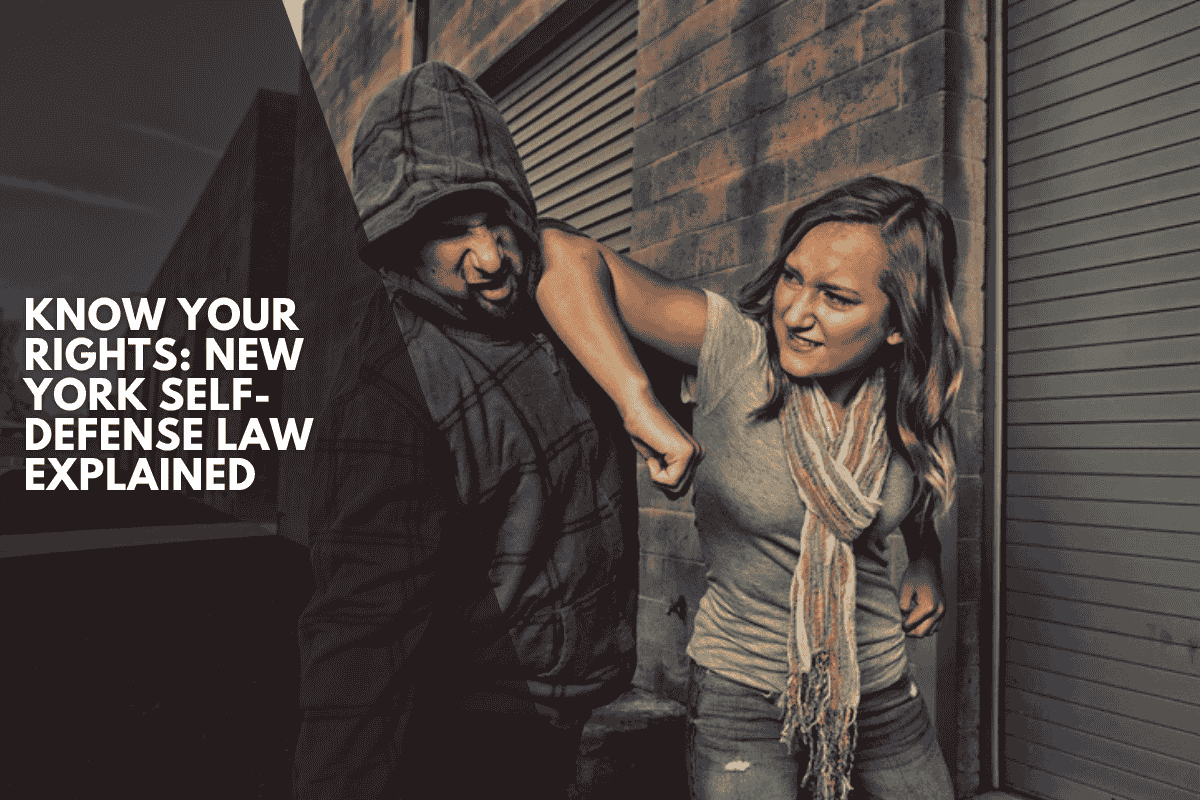New York law allows individuals to use reasonable force to protect themselves or others from imminent physical harm. The right to self-defense is governed by Article 35 of the New York Penal Law, which sets strict parameters for when and how force can be used.
Reasonable Belief and Proportionality
To lawfully claim self-defense, you must have a reasonable belief that you or someone else is in immediate danger of unlawful physical force. This belief must be both subjectively genuine and objectively reasonable—meaning a reasonable person in your situation would also feel threatened.
The force you use must be proportional to the threat faced. If the threat is non-lethal, using deadly force is generally not justified unless there is a reasonable belief that such force is necessary to prevent death or serious bodily harm.
Duty to Retreat
Unlike some states, New York does not have a “stand your ground” law. Instead, it imposes a duty to retreat: if you can safely avoid using deadly force by retreating, you are legally required to do so when outside your home. The only major exception is the Castle Doctrine.
The Castle Doctrine
Under the Castle Doctrine, you are not required to retreat when you are in your own home. If an intruder unlawfully enters your dwelling, you may use reasonable force—including deadly force if you reasonably believe it is necessary—to defend yourself or others inside, provided you are not the initial aggressor. This doctrine recognizes the home as a special sanctuary where the law presumes retreat may not be safe or possible.
Exceptions and Limitations
There are important exceptions to self-defense claims in New York:
If you provoked the attack, you generally cannot claim self-defense unless you clearly withdrew from the confrontation.
The initial aggressor in a conflict cannot claim self-defense unless the other party escalates the situation to deadly force or the aggressor withdraws and communicates that withdrawal.
Self-defense is not a valid justification in mutual combat situations or duels.
Application to Property and Others
You may use force to defend others if they are facing imminent harm, provided your intervention is reasonable and proportional. When defending property, only non-deadly force is generally allowed unless you are stopping a burglary or arson in your home, in which case deadly force may be justified.
Self-Defense Devices
Recent legislative changes in 2025 have made it easier to possess and purchase self-defense spray devices, such as pepper spray, in New York. These devices can be used for self-defense under circumstances that would otherwise justify the use of physical force.
Legal Process and Burden of Proof
If you claim self-defense after an incident, you may still be arrested or charged. The prosecution carries the burden of proving beyond a reasonable doubt that you did not act in lawful self-defense, but you must present some evidence to support your claim.
Understanding these principles is critical to protecting your rights and ensuring your actions remain within the boundaries of New York law. If involved in a self-defense incident, consult with a qualified attorney before making statements to law enforcement.
Sources
[1] https://www.lebedinkofman.com/understanding-self-defense-laws-in-new-york-assault-cases/
[2] https://www.vitalianolaw.com/blog/new-york-self-defense-laws/
[3] https://codywarnercriminaldefense.com/new-york-self-defense-laws/
[4] https://crateclub.com/blogs/loadout/does-new-york-have-a-self-defense-law-understanding-your-rights-and-responsibilities
[5] https://www.tsiglerlaw.com/blog/new-york-self-defense-laws/











